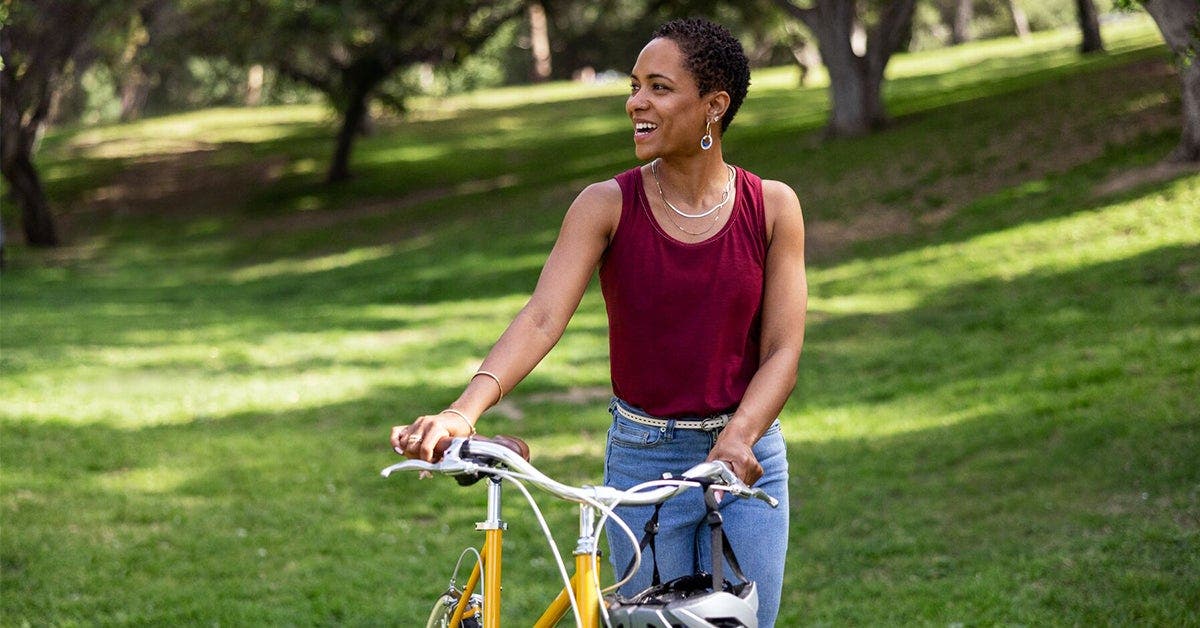How to slow down and enjoy life more


As we settle into fall and make our Thanksgiving plans, it’s the perfect time to take a minute to assess how far we’ve come this year. Many of us may feel like time has flown by, but there are many things we can do to slow down and enjoy the present moment.
“The best way to slow down and enjoy life more involves becoming more present in our everyday lives,” says career coach Laura Barker, Certified Professional Co-Active Coach (CPCC), Associate Certified Coach (ACC). “There’s nothing shocking or unusual in this statement and yet, if it were that easy, we wouldn’t even ask the question.”
Becoming present, she says, means living in the moment versus ruminating about the past, which we can’t change anyway, or worrying about the future, which hasn’t happened yet and only results in feeling anxious. So how do we actually become present?
Pay attention: “We spend so much time in our heads we forget to look at the world around us – our external environment, whether it’s nature or a boardroom, enjoying our relationships instead of analyzing them, and looking within ourselves, which is the only place we can find inner peace,” Barker says.
Take a walk: “Being in nature takes us out of our heads and into our bodies. We feel the wind at our backs, the sunshine on our faces and the natural rhythm of life.”
Box breathing: Barker says our breath is the most direct way to return to equilibrium. “Inhale for four counts, hold your breath for four counts, exhale for four counts and hold your breath for four counts. Maintain this cycle for a few minutes and feel yourself slow down. As you come into balance, you find yourself enjoying life more because you’ve created space for it to happen naturally.”
It can be difficult to feel like we can slow things down at all because life often feels like it moves fast, especially when we’re busy. And sometimes keeping busy is a way to avoid slowing down and noticing what’s going on in our lives.
“Don’t use busyness as a crutch or a way to avoid things that need to be addressed in your life,” says coach Heidi McBain, LMFT, LPC, PMH-C, “it can feel scary to intentionally slow down and take a break, especially if your busyness is keeping you from addressing the disconnection in your marriage, feelings of loneliness, unprocessed grief and loss, et cetera.”
McBain recommends practising mindfulness to pause the busyness.
“Take time each day to be mindful of the world around you,” she says.
Practise the pause: “Focusing on your five senses can be helpful here,” McBain says. “Meditation and deep breathing can also help you feel more centred and grounded in the moment.”
Life coach Jen Lawrence, MBA, CDFA, says we need to normalize being rested and happy.
“When you ask the average North American how they are doing the answer is often ‘busy’ or ‘stressed.’ A lot of people equate being busy with being needed, and it’s easy to create a habit where you normalize too full days, not enough sleep and no time for fun. Even the most important and in demand people in the world build in time for rest, which is why you see world leaders on vacation or playing golf. If you want to be healthy, you need to build rest and fun into your day.”
Build in daily rest: “As Annie Dillard wrote, ‘How we spend our days is of course how we spend our lives.’ It’s not enough to schedule in one week a year to lay on a beach and relax,” Lawrence says. “It’s important to build small rest breaks and fun activities into each day. Make a commitment to take your lunch and walk around the block. If you are at home with kids, have a mini nap when they do or read a chapter of a novel instead of doing that extra load of laundry. Take up a hobby you enjoy and take half an hour each day to engage in it. If you build in daily rest and fun, you are less likely to get sick or burn out leading to a forced rest break for a longer period of time.”
Involve the family: “Your kids are always watching how you live and it’s important that they learn the value of rest and fun,” says Lawrence. “Try to find activities you all enjoy and do them. Normalize a family nap time on the weekend. Play hooky every now and then and take a Saturday morning to go for a bike ride instead of doing the chores. Kids need to learn the value of a mental health break and you will benefit too.”
